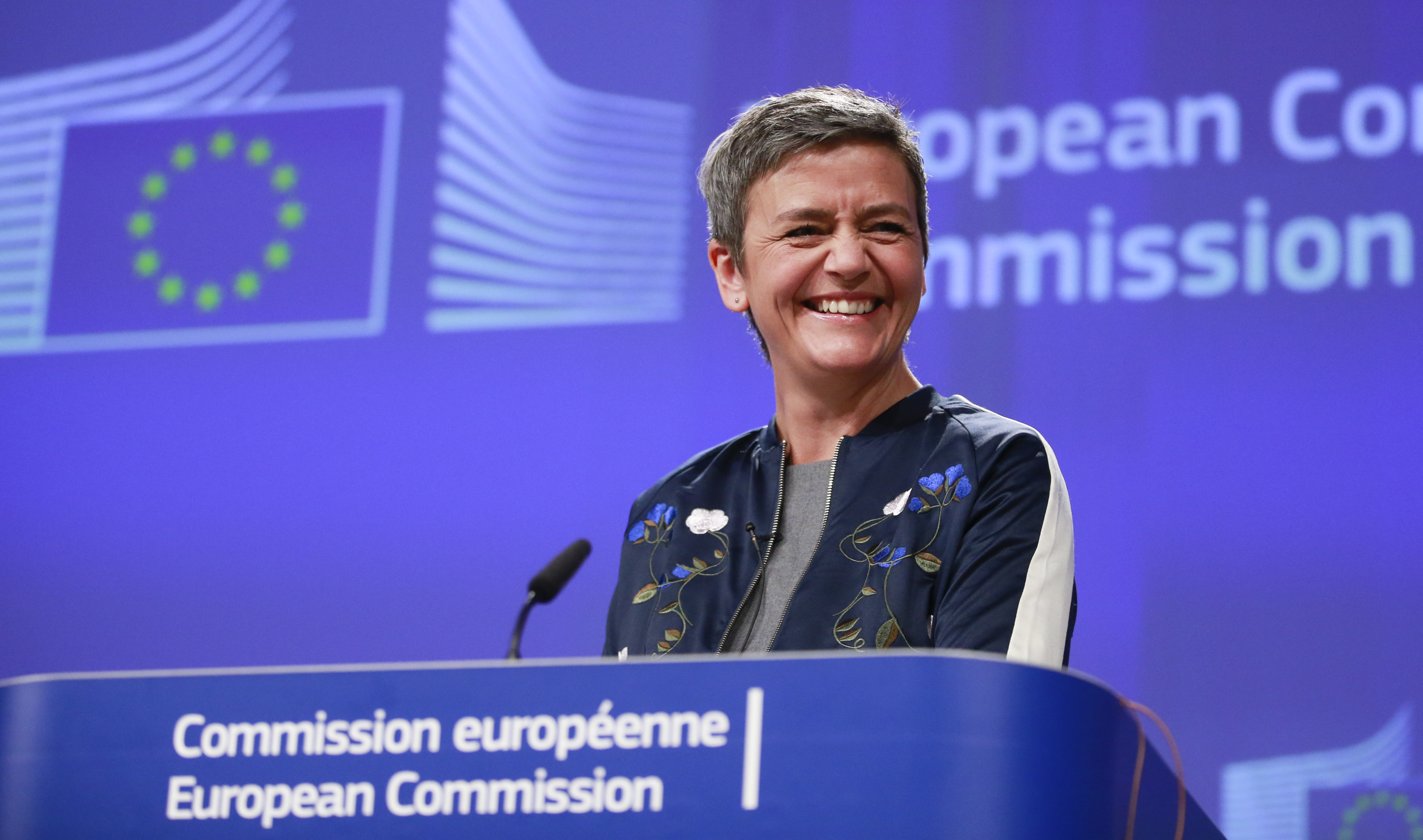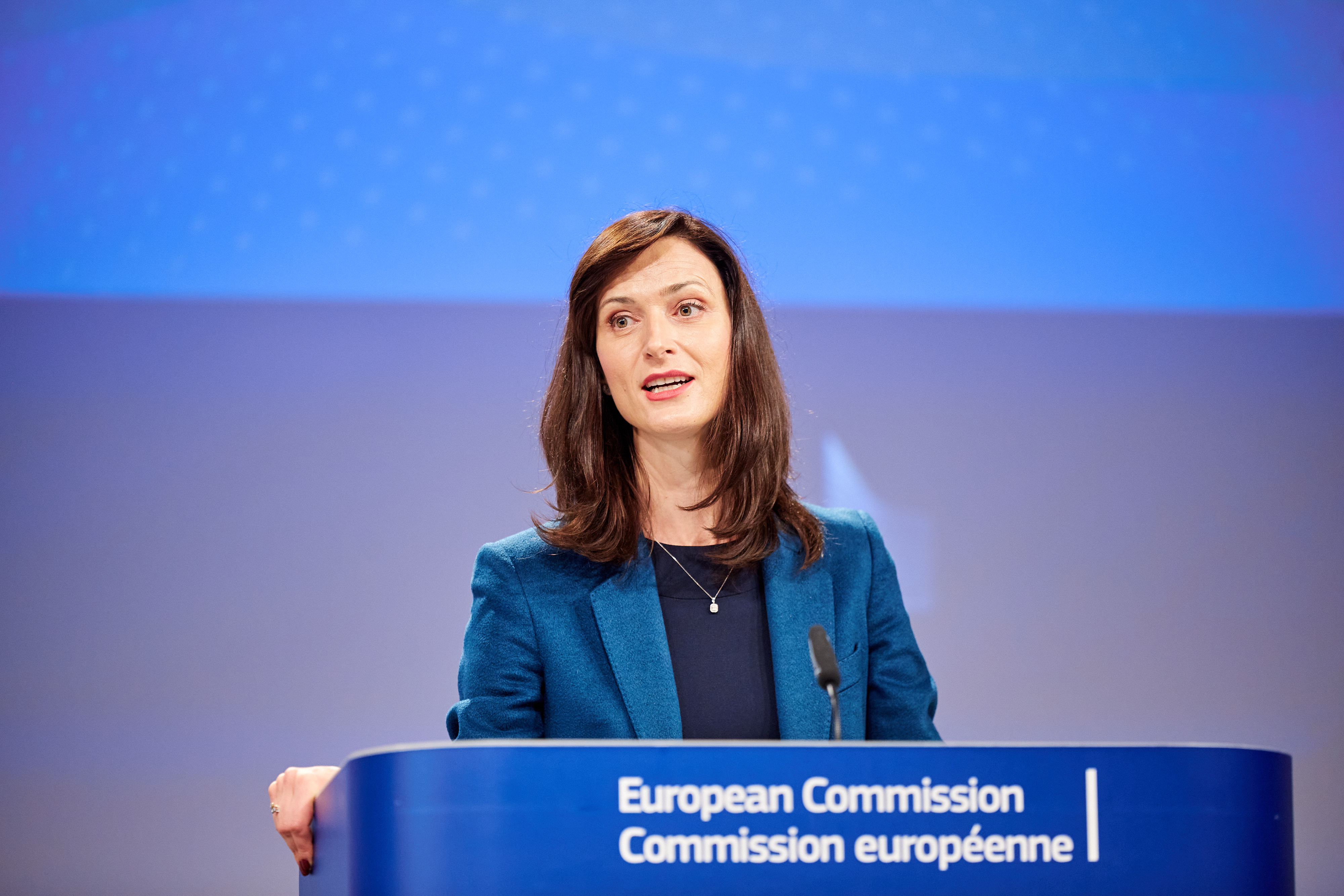Today, the European Commission adopted a Communication on a new European Research Area for Research and Innovation. Based on excellence, competitive, open and talent-driven, the new European Research Area will improve Europe’s research and innovation landscape, accelerate the EU’s transition towards climate neutrality and digital leadership, support its recovery from the societal and economic impact of the coronavirus crisis, and strengthen its resilience against future crises.
The Commission set out strategic objectives and actions to be implemented in close cooperation with the Member States, in order to prioritise investments and reforms in research and innovation, improve access to excellence for researchers across the EU and enable research results to reach the market and the real economy. Additionally, the Communication will further promote researchers’ mobility, skills and career development opportunities within the EU, gender equality, as well as better access to publicly funded peer-reviewed science.

Executive Vice-President for A Europe Fit for the Digital Age, Margrethe Vestager, said: “The EU is already leading innovation through its research and scientific excellence. We want to build on that and step up our efforts towards achieving breakthrough market-driven innovations that will contribute to a green digital Europe and will boost growth, job creation and our competiveness in the global scene. Today we are setting a new ambition for a European Research Area to facilitate cooperation and contribute to a more competitive European industry.”

Mariya Gabriel, Commissioner for Innovation, Research, Culture, Education and Youth, said: “We live in times when scientific activities require faster and effective collaborations. We need to strengthen the European Research Area. An area embracing all of Europe, because knowledge has no territorial boundaries, because scientific knowledge grows with collaborations, because knowledge is trusted if there is open scrutiny of its quality. It has also more chances to achieve peaks of excellence and support an innovative and risk taking industry to shape a resilient, green and digital future.”
Launched in 2000, the European Research Area has made major achievements over the past years – yet, today’s context prompts us to rethink how to strengthen its role, better define and implement its key objectives, as well as make it more attractive as a common space for creating valuable research and innovation. Moreover, Europe is currently facing significant societal, ecological and economic challenges that are aggravated by the coronavirus crisis. Research and innovation is therefore crucial in addressing these challenges, delivering on Europe’s recovery and speeding up the twin green and digital transitions.
Objectives of the new European Research Area
Building on Europe’s innovation leadership and scientific excellence, the new European Research Area aims to incentivise better coordination and cooperation among the EU, its Member States and the private sector; lead to more investments in research and innovation; strengthen mobility of researchers, their expertise, and the flow of knowledge;
The Communication defines four strategic objectives:
- Prioritise investments and reforms in research and innovation towards the green and digital transition, to support Europe’s recovery and increase competitiveness.
- EU support towards research and innovation is foreseen through various programmes, such as the Horizon Europe, the Cohesion policy, and the Next Generation EU. To bring about the required positive change and ensure quality of results, EU support must be complemented by investments from Member States and the private sector. The Communication reaffirms the target of 3% of GDP to be invested on EU research and innovation and prompts further cooperation among Member states, and alignment of national efforts, by setting a target of 5% of national public funding to joint research and development programmes and European partnerships, by 2030.The principle of excellence, which entails that the best researchers with the best ideas can obtain funding, remains the cornerstone for all investments under the European Research area.
- Improve access to excellent facilities and infrastructures for researchers across the EU.
- Member States’ research and innovation investment remains uneven, which translates into gaps in scientific excellence and innovation output that need to be bridged. The EU already supports lagging countries, including with tailor-made support on the ground, and Horizon Europe will further ensure so, through enhanced collaborations with more experienced counterparts, in order to improve access to excellence. The Commission proposes that Member States, lagging behind the EU average research and innovation investment over GDP, direct their efforts to increase their investments by 50% in the next 5 years.To this end, mobility opportunities for researchers to access excellence and expand their experience will be created through dedicated training and mobility schemes between industry and academia. In order to reflect the progress towards research based on excellence, Member States lagging behind the EU average on highly cited publications should reduce the gap to the EU average by at least one third in the next 5 years.
- Transfer results to the economy to boost business investments and market uptake of research output, as well as foster EU competitiveness and leadership in the global technological setting.
- In view of speeding up the transfer of research results into the real economy and supporting the implementation of the new Industrial Strategy, the Commission will encourage and guide the development of common technology plans with industry that will allow crowding in more private investments in key international projects. This will foster the development of competitive technologies in key strategic areas, while securing a stronger European presence in the global scene.In parallel, following a detailed monitoring exercise, the Commission will explore the possibility of developing a networking framework that will build on existing entities and capacities, such as centres of excellence or Digital Innovation Hubs, to facilitate collaboration and exchange of best practices by 2022. Still in this two-year framework, the Commission will update and develop guiding principles, which will ensure that innovation can be valorised and rewarded, as well as a code of practice for the smart use of intellectual property, to ensure access to effective and affordable intellectual property protection.
- Strengthen mobility of researchers and free flow of knowledge and technology, through greater cooperation among Member States, to ensure that everyone benefits from research and its results.
- The EU will aim to improve career development opportunities to attract and retain the best researchers in Europe as well as incentivise researchers to pursue a career outside academia. To this end, it will also deliver, by the end of 2024, in partnership with Member States and research organisations, a toolbox of support for researchers’ careers. The toolbox will consist of the following elements: a Researchers Competence Framework to identify key skills and mismatches; a mobility scheme to support exchange and mobility of researchers across industry and academia; targeted training and professional development opportunities under Horizon Europe; and, a one-stop shop portal for people to more easily find information and manage their learning and careers.The EU will work towards accomplishing the above strategic objectives, in close cooperation with the Member States, through 14 actions that are linked to each other and will be instrumental in realising the European Research Area. Furthermore, the Commission will drive a European Forum for Transition, a strategic discussion forum with Member States that will support them in the coherent implementation of these four objectives. The Commission will also propose, by the first half of 2021, that Member States adopt a Pact for Research and Innovation in Europe, which will reinforce their commitment to shared policies and principles and indicate the areas where they will jointly develop priority actions.As part of its initiatives to support the recovery and build a green and digital Europe, the Commission, in addition to the new European Research Area, adopted today a new Digital Education Action Plan, to adapt education and training systems to the digital age, as well as a Communication on the European Education Area as a driver for job creation and growth.BackgroundThe European Research Area was launched in 2000 with the aim of better organising and integrating Europe’s research and innovation systems and enhancing cooperation between the EU, the Member States, their regions and their stakeholders. It also aimed for the free circulation of researchers, scientific knowledge and technology throughout the EU and focused on stimulating cross-border cooperation and on improving and coordinating the research and innovation policies and programmes of the Member States.In 2018, the Council of the European Union made a call to revamp the European Research Area in 2020 with a new Commission Communication. In December 2019, Member States advised on the future of the European Research Area through an opinion of the European Research and Innovation Committee.As part of the EU response to the coronavirus pandemic, the Commission introduced the ERAvsCorona Action Plan in April of this year. Building on the overall objectives and the tools of the European Research Area, the action plan is a working document developed jointly by the Commission and national governments. It covers short-term actions based on close coordination, cooperation, data sharing and shared funding efforts.

















